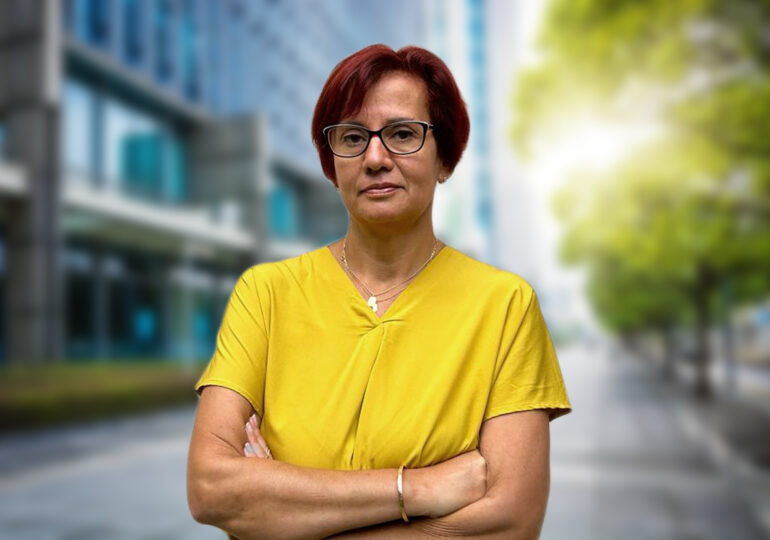The law, promulgated by the President of Romania, which modifies the sanctioning regime of tax evasion, has been discussed exclusively in emotional terms such as: who steals a million gets away. Which is not quite true. It’s not decriminalization, as it has been said, but a clause of non-punishment, and it’s not free at all. However, what is truly very dangerous in this law has largely escaped public discussion.
The law stipulates that the National Agency for Fiscal Administration (ANAF) no longer notifies the prosecutor's office, so no criminal case is opened, if the payment of the damages, up to one million euros, plus 15%, plus interest and penalties calculated on the increased damages, is actually made within 30 days after the ANAF tax audit that identifies it.
The same effect occurs if the payment of the damages plus 25% takes place during the criminal investigation, before being sent to trial. If the payment is made during the trial, the penalty limits are reduced by half or by a third, depending on the timing. In case of repeated offense, the clause cannot be applied anymore.
The Devil in the Details
In my opinion, pragmatically speaking, the principle is correct. What is the primary interest of the state in these crimes? To fill the prisons or to recover the money quickly and without additional costs? Obviously, the latter.
But why would these two objectives be antagonistic? Because the tax evader, especially when it comes to those who work with very large sums, prefers to voluntarily return the loot plus a percentage, which can become very substantial, only if it brings him a major advantage. Otherwise, he is willing to serve some prison time, and upon release, to enjoy the money or to know that his family enjoys it.
Romania is not doing well in recovering damages, the threat of prison hasn't been very effective. The techniques for hiding money have become increasingly sophisticated, the costs of uncovering them without the evader's cooperation are often very high, and time-consuming.
But if the principle can be correct, the Romanian regulation is problematic from at least one point of view highlighted by the EPPO Chief Prosecutor, Laura Codruta Kovesi, in an interview for SpotMedia:
"The competent authorities that discover the offense no longer notify the criminal prosecution bodies. So no one has control over what is happening.
The financial or fiscal inspector finds that this fraud has been committed, the damages are paid in a few days and that's it, the entire case is closed, it never reaches the Prosecutor's Office, no one conducts any investigation. The non-punishment clause is directly applied by the employees of the tax administration, without any judicial control."
Why is this dangerous?
"If this law comes into force, it will certainly be like an invitation for those who want to commit such acts to come to Romania because, as I said, the level of detection and reporting of these crimes to the police and the prosecutor's office practically will not exist.
If you discover a fraud under 1,000,000 euros, it will never reach the prosecutor's office. No one will ever investigate, no one will try to see who is behind the companies, how many transactions were possible, if it is a larger fraud or not."
So you recover the damages with the corresponding increase, but you may miss the chance to put an end to a network with transborder arms because you apply the non-punishment clause too quickly, without a magistrate looking at the big picture. And this is the reason why LCK did not rule out the possibility of notifying the European Commission.
Complicity of Chief Prosecutors
People look unfavorably at the political arena, at Mr. Ciolacu and Mr. Ciucă, initiators, at President Iohannis, who promulgated the law without requesting Parliament to reconsider.
But the Prime Minister immediately said after the law was adopted that he is willing to make any changes if the prosecutors ask for it. The only prosecutor who spoke was EPPO, through Mrs. Kovesi's voice.
Prosecutor General Alex Florența, DNA Chief Prosecutor Marius Voineag, remained deafeningly silent. Why? Because from all the very credible information, the two were consulted and may have even participated in the drafting of the law. Mr. Ciolacu could be very sure that they would not ask for any changes.
Obviously, at the level of the prosecutor's offices, there is no longer any interest in combating criminality. The DNA's balance sheet for last year is probably the weakest in many years, the dismissals pile up one after another, major indictments are overturned, and because some keep slipping away, say sources from the anti-corruption prosecutor's office, Mr. Voineag intends to dismantle several territorial structures - Mureș, Alba, Ploiești, Galați, it seems. Greater centralization, better control, isn't it?
So, politics and chief prosecutors, at least through silence, aid major criminal networks.

